EU position on GMOs a blow to Sadc’s food security
- By Zimpapers Syndication |
- 21 Dec, 2025 |
- 0
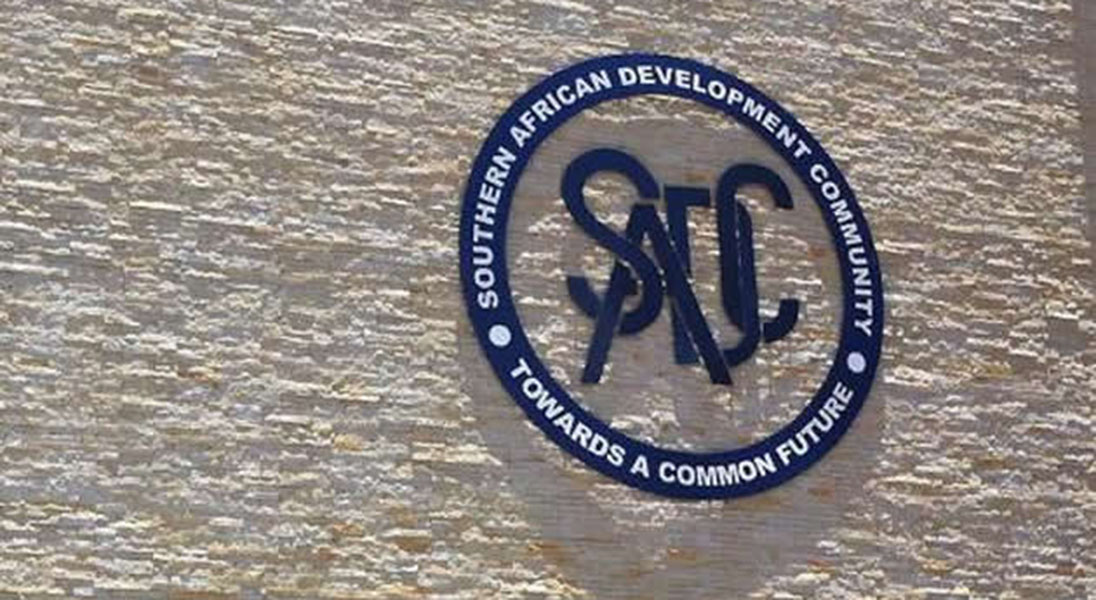
Sifelani Tsiko ---
SADC countries still show the least level of biotechnology development owing largely to the precautionary approach of governments in guiding the use of biotechnology in agriculture and the negative perceptions emanating from European Union’s stand on genetically modified organisms (GMOs), researchers say.
According to the latest Assuring Agricultural and Food Safety of GMOs in Southern Africa (GMASSURE) bulletin, Dr Jane Morris, a South African-based biotechnology consultant says the EU’s negative perceptions on GMOs has stalled the adoption of the technology among SADC countries.
“Unfortunately, progress towards the use of biotechnology – and particularly genetically modified organisms (GMOs) – in alleviating food insecurity is very slow,” she says.
“Even in South Africa, where genetically modified (GM) crops are widely grown, local researchers find it difficult to overcome regulatory hurdles and introduce new GM crops.”
Dr Morris says the EU policy undermines SADC agricultural innovation in the field of GMOS through its restrictive policies on GMOs
“The negative attitudes towards GMOs and some other relevant technologies in Europe has had a negative impact on the world’s food supply, as Western Europe imports as much food as the whole of Africa – and much of this is genetically modified,” she says.
“Despite Europe having the luxury of enough money to import the food it needs, its rejection of GMOs has had an impact on the acceptance of these foods in the SADC region.
“In contrast to Europe, developing regions like SADC have less money to pay for food imports, and need to be more self-sufficient to ensure food security. For this reason, it is important that countries in SADC make use of all available technologies, including GMOs.”
SADC governments have also stalled the adoption of GM technologies in agriculture.
“Although European scientists are in favour of approval for the cultivation of GM crops, politicians have chosen to ignore scientists and have surrendered to negative public perception,” Dr Morris says.
“While there is much debate on the introduction of GMOs, some of the new gene editing techniques may change the playing field. The Department of Agriculture in the USA has already ruled that a gene-edited mushroom will not be regulated. Sweden has also stated that some gene-edited plants do not fall under the definition of GMOs. While the European Commission has not yet given its view on the matter, SADC countries need to participate in international discussions on these issues to benefit from new technologies.”
Dr Calestous Juma, in an online article titled: “How the EU starves Africa into submission,” also concurs that the EU has frustrated Africa’s efforts to feed itself.
“It is estimated that Africa imports nearly 83 per cent of its food. African leaders are seeking ways to feed their peoples and become players in the global economy,” he writes.
“In the second edition of The New Harvest: Agricultural Innovation in Africa, I argue that Africa can feed itself in a generation. However, efforts to achieve such an ambitious goal continue to be frustrated by policies adopted by Africa’s historical trading partners, especially the European Union.”
He identifies at least three ways in which EU policies affect Africa’s ability to address its agricultural and food challenges: tariff escalation; technological innovation and food export preferences.
“They suppress technological innovation and industrial development among African countries. The practice denies the continent the ability to acquire, adopt and diffuse technologies used in food processing. It explains to some extent the low level of investment in Africa’s food processing enterprises,” Dr Juma says.
The EU, he further says, exercises its right not to cultivate transgenic crops but only to import them as animal feed.
However, its export of restrictive policies on GM crops has negatively affected Africa.
“The adoption of restrictive policies across Africa has been pursued under the pretext of protecting the environment and human health. So far there has been little evidence to support draconian biosafety rules. It is important that the risks of new products be assessed. But the restrictions should proportionate and consistent with needs of different countries,” Dr Juma says.
“Africa’s needs are different from those of the EU. There are certain uniquely African problems where GM should be considered as an option such as pest and diseases that attack major crops on the continent.”
He says pursuing EU-inspired biosafety policies denies Africa the capacity to leverage biotechnology and use it to meet its own local needs.
GM technology has wider application in fields such as medicine and can be used in the development of drugs.
In 2013, Regional Agricultural and Environmental Innovations Network – Africa (RAEIN-Africa) director Doreen Shumba-Mnyulwa said African nations are not ready to embrace biotechnology but are eager to develop it.
“Africa has not come out fully in support of biotechnology,” she said. “We are not acknowledging that the technology might address issues of poverty.”
The RAEIN - Africa conference on innovation systems for resilient livelihoods drew scientists, policy-makers and academics from nine SADC countries.
“African countries fear embracing biotechnology because of lack of readiness. Most countries still have no policies on biotechnology, biosafety and do not have the capacity to monitor GMOs,” Shumba-Mnyulwa said.
“There is fear of the unknown – the environmental risks, health risks and misconceptions about modern biotechnology. Most GMOs that are being promoted are not addressing African priorities hence the low uptake of biotechnology.”
Some researchers argued that biotechnology can help transform the continent’s agricultural sector if scientists and their supporting partners make biotechnology relevant to the local needs and ensure local institutions have the capacity to meet this challenge.
“Biotechnology take-off has been slow in most African countries because of fear and too much braking by governments and their regulatory authorities,” said a researcher from South Africa.
“The process has been frustrating and painfully slow when it came to other countries outside South Africa. There are so many concerns and it will take time to break the barriers to the fully development of biotechnology in most southern African countries.”
Egypt, Burkina Faso and South Africa were some of the few African countries that had embraced biotechnology and were reaping substantial benefits.
Challenges which were identified as slowing down the adoption of biotechnology included inadequate funding and policy frameworks to support research in biotechnology, lack of clear policies on biotechnology to attract international partnerships and the protective approach of the regulatory frameworks in most Sadc countries.
Regulatory frameworks are packed with some strong protective measures against the development of biotechnology in the SADC region.
Modern biotechnology is still controversial in Africa with researchers raising questions on ownership, markets, genetic contamination and control of the technologies.
“The subject of modern biotechnology is still not acceptable to everyone,” said Prof Abednigo Dlamini of the University of Swaziland. “If you are an advocate of biotechnology you are on one side of the debate. We need to be impartial and neutral about it and weigh the potential benefits and risks.”
Others said the fact that the technology was not developed and owned by Africans created a huge barrier in the development of biotechnology in Africa.
“It’s because the technology is imported. If we had the technology I don’t think people would resist biotechnology,” said Dr Matshwarelo Matsheka of the University of Botswana.
Despite the existence of bureaucratic processes hindering private investments in the development and commercialization of biotechnology, researchers say lack of proper information on biotechnology, lack of public awareness and skilled manpower continues to stall the development of the technology.
“Biotechnology like any other technology, it has the potential to contribute to poverty alleviation in Africa. It is not a silver bullet to poverty but it also worth considering as an option in the fight against hunger and poverty,” said Shumba-Mnyulwa.
Those against the new technology argue that the use of GMOs in agriculture could have potential negative effects on the environment and human health, as well as potential socio-economic effects on the livelihood of local communities.
Despite the constraints, Africa is quietly changing course of GM crop field testing by giving conditional approval for crop trials as most countries on the continent now see the use of science, technology and innovation as a vehicle to achieve food security for the increasing population.
In 2014, a record 181,5 million hectares of biotech crops were grown globally, an increase of more than six million hectares from 2013, according to a report released by the International Service for the Acquisition of Agri-Biotech Applications (ISAAA) last year.
Having cultivated 2, 7 million hectares in 2014, South Africa ranks as the leading developing country to grow biotech crops in Africa.
Sudan increased Bt cotton hectarage by approximately 50 percent in 2014 and several African countries including Cameroon, Egypt, Ghana, Kenya, Malawi, Nigeria and Uganda conducted field trials on several pro-poor crops including the food crops rice, maize, wheat, sorghum, bananas, cassava and sweet potato.
More than 14 million people face hunger in Southern Africa because of a drought that has been exacerbated by an El Nino weather pattern, according to the United Nations World Food Programme (WFP).
And, some researchers say investment in agricultural biotechnology could help fight hunger and poverty within the SADC region. -Zimpapers Syndication
No Comments


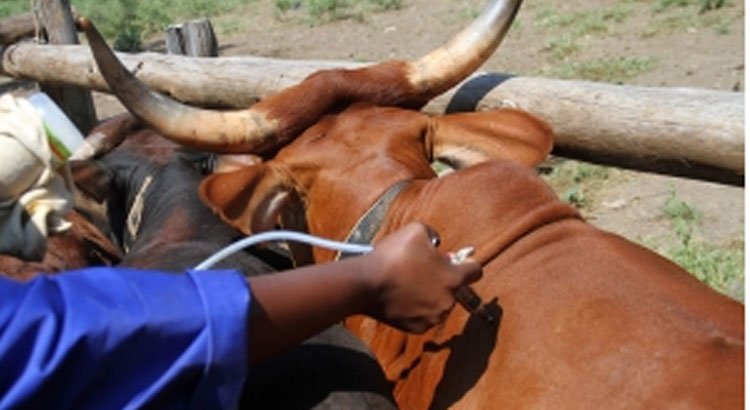
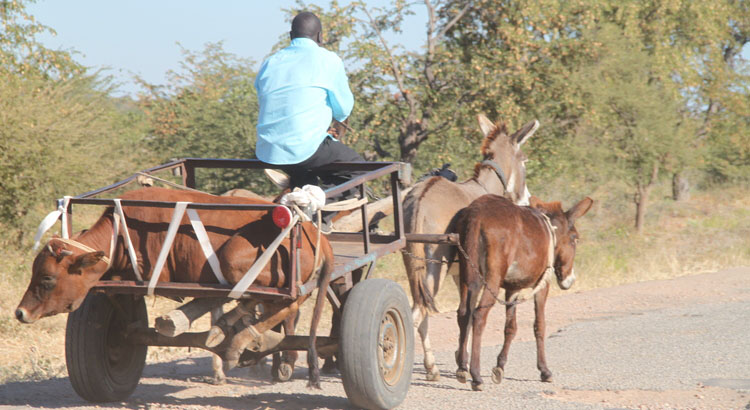

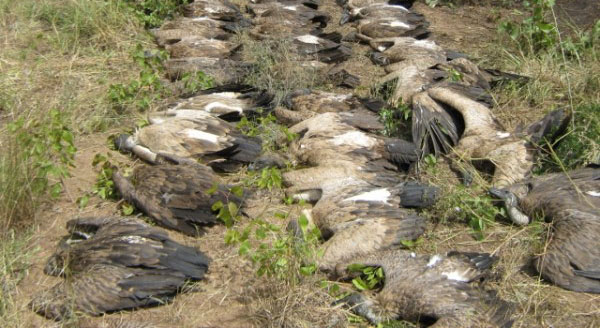
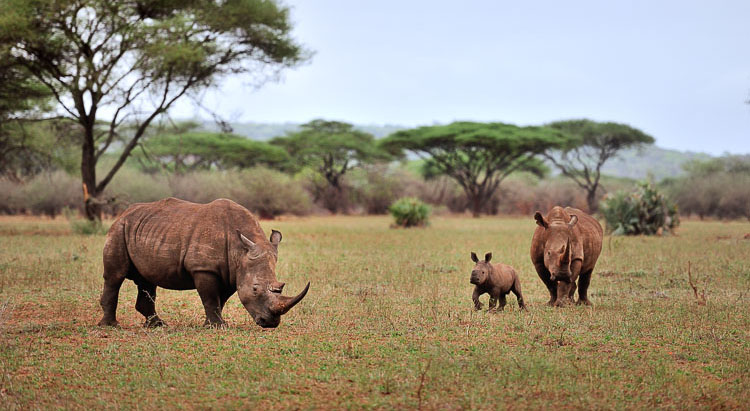



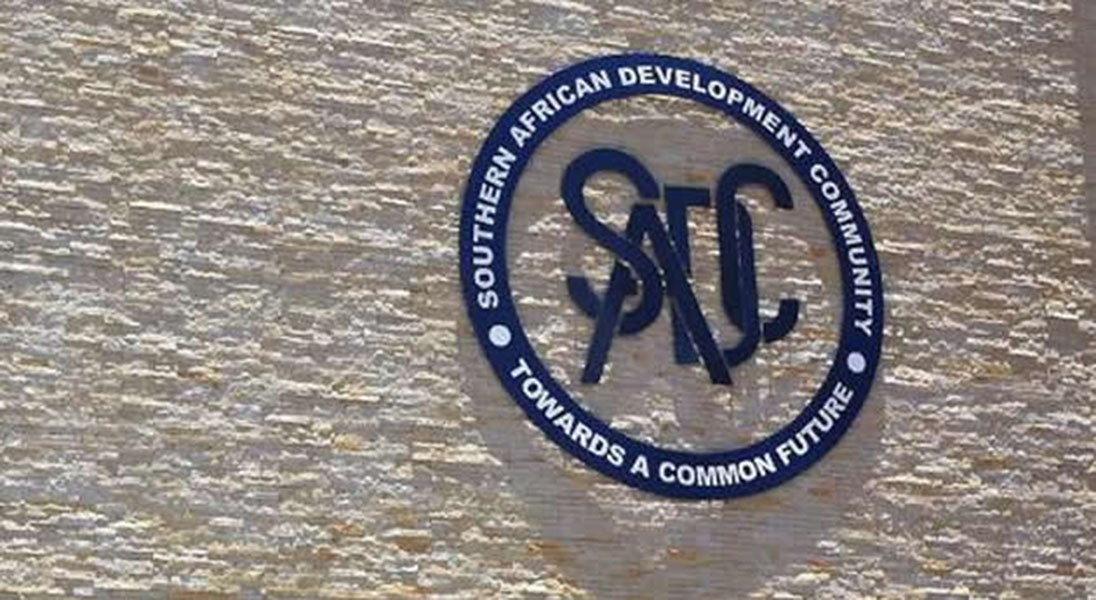
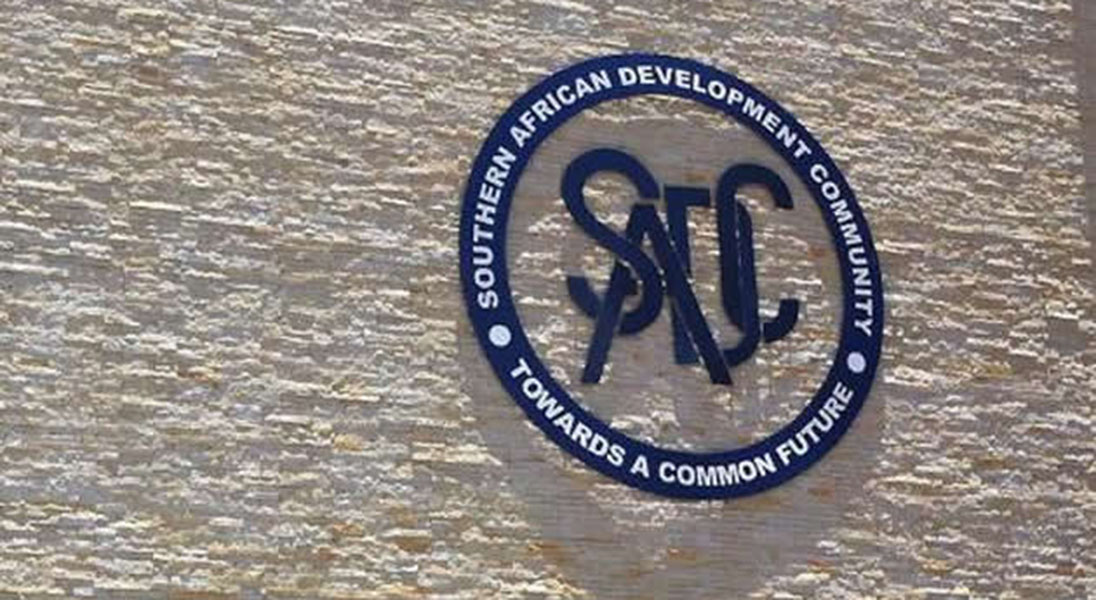

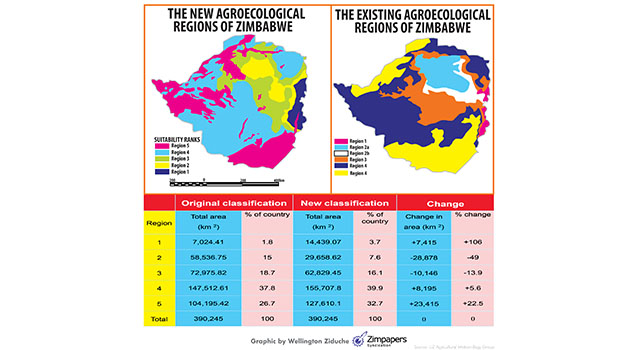
Comment